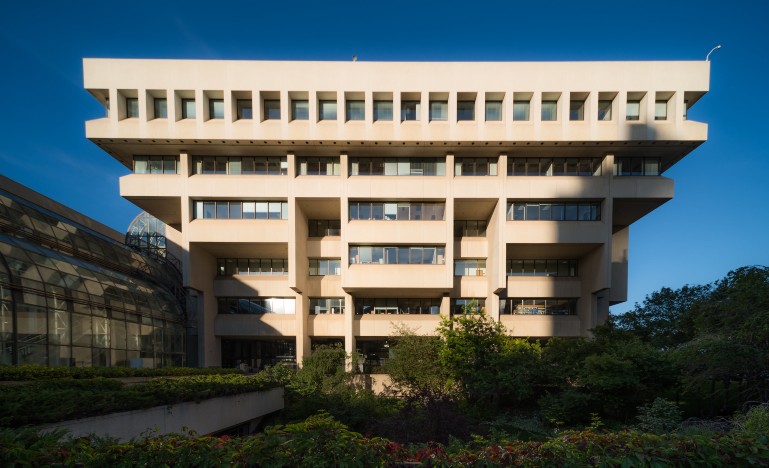How will Alberta stabilize its justice system?
Legal Aid needs to be properly funded if people are to have access to experienced defense lawyers.

The Alberta government says it cares about the stability of Alberta’s justice system.
In October, Justice Minister Tyler Shandro, reached a long awaited and much needed deal with the province’s Crown prosecutors. His press release highlighted that the agreement was an important step “forward for the stability of Alberta’s Justice System.” He promised more money, manageable workloads and better mental health supports. All it took was Crown prosecutors mere threat to strike.
Defence lawyers in the province did strike. Many still are on strike. Defence lawyers across the province have stopped taking legal aid files in an effort to encourage the province to finally increase funding to legal aid.
Legal aid is essential to a functioning criminal justice system. I could sit here and preach to you about the value of our justice system, the presumption of innocence and the importance of the right to a trial. But if you are reading this, you probably already know and believe that.
Here is what you might not know. Legal aid in Alberta has staff lawyers but runs mainly on the assistance and willingness of the private defence bar to accept hourly certificates and fill the gaps… and there are a lot of gaps.
What happens when a self-represented accused does not want to get a lawyer but the court doesn’t want them to cross examine witnesses themselves (for example the person they allegedly sexually assaulted)? The court can order one of 486 counsel to do the cross examination. Legal Aid finds and funds a private defence lawyer to do it.
What happens when an accused wants to raise prior sexual history or text messages in a sexual assault case? There is an application and the complainant gets to have a lawyer. Legal aid finds and funds a private defence lawyer to represent the complainant.
What happens when legal aid does not have enough staff (which is all the time) to act as duty counsel in the courtrooms? Legal Aid turns, once again, to the private defence bar and asks them to do it.
So, what happens when the defence bar strikes? Accused persons cannot get lawyers, some remain in custody while others churn in the system. Courtrooms cannot find someone to be duty counsel, the Crown cannot find counsel for their sexual assault complainants and court-appointed counsel doesn’t exist. Witnesses do not get their day in court. Trials are delayed. The system literally falls apart.
Sadly, I am not speaking hypothetically. In the past two months, we have witnessed significant disruption to the stability of the justice system. It began with Calgary Legal Aid staff lawyers having to fill in as duty counsel in remote northern locations and only by phone. Unrepresented accused are stuck, unable to get advice because they lack the telephones necessary to reach duty counsel.
We then witnessed Legal Aid having to give files to inexperienced, non-criminal lawyers. One of whom attempted to enter a guilty plea without telling the accused of the repercussions of doing so – a mandatory requirement under section 606 of the Criminal Code. This travesty was saved only by the judge who asked the routine question of whether section 606 had been canvassed, at which time the lawyer admitted to not even knowing what that was.
As a result of the strike and the above impact, Legal Aid Alberta publicly confirmed the need for more funding. As Deborah Hatch, a prominent defence lawyer in Edmonton, stated, “the funding necessary is a drop in the bucket relative to the recently announced $13-billion provincial budget surplus.”
As Albertans we pride ourselves on being the wealthy province in Canada, yet the government offered only a mere increase of $8.00 an hour, leaving Alberta somewhere between $25 and $50 below the rates in BC and Ontario.
For obvious reasons, the offer was deemed insufficient and the strike continued, the impact increasing in severity.
In the last week of October, four serious trials in the Court of Kings Bench were adjourned. In one case the Crown and Legal Aid could not find a lawyer to represent the complainant who was alleging a sexual assault. The whole trial had to be postponed despite a two-year wait to get to trial. The other three cases, all in Edmonton, couldn’t proceed for similar reasons. The Crown sought to delay two of the trials the day after the Justice Minister’s pronouncement about the stability of the system. With trials being set months, if not a year down the road, the prosecution of these trials is on shaky ground with a real risk of being stayed due to delay.
Does this sound like a stable justice system? We have yet to hear word on that from Minister Shandro.
His silence speaks for itself. Well...no response is a response.


